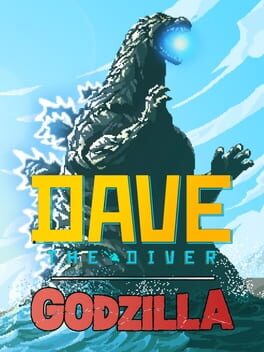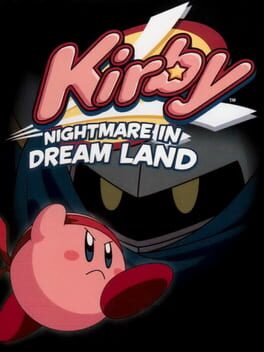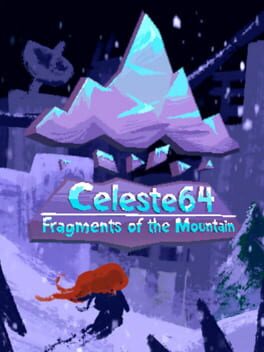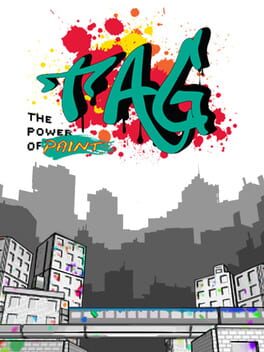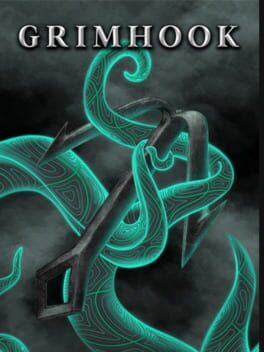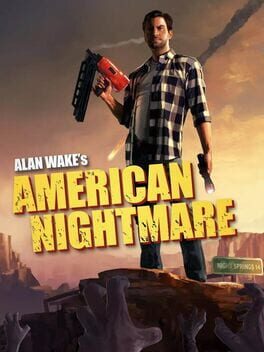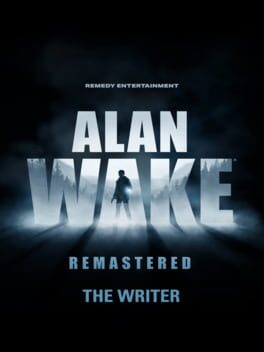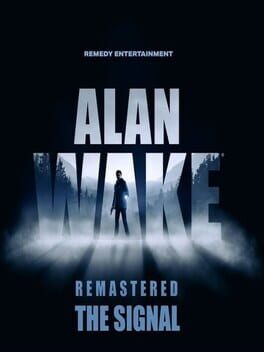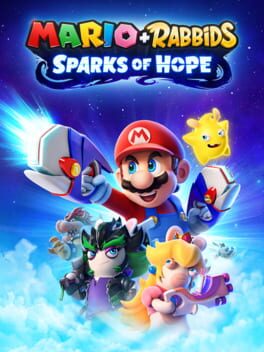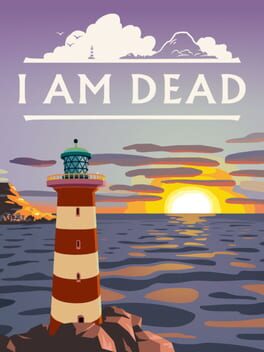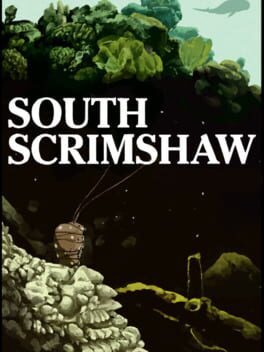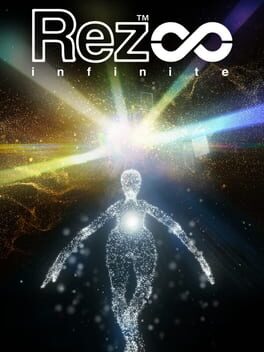jvet
The highest of highs and the middlest of mids, this is a game without peer in so many ways. It’s overstuffed to exhaustion, but its character moments are enough to frequently move you to tears of joy and sorrow. It took me 75 hours and
almost four months to finish, and I nearly gave up after the halfway point. However, after an interminable final chapter or two, I already miss my “friends” and want to go back to complete all of the content I missed in order to spend more time with them. If that doesn’t tell you how conflicted I am about this game, I don’t know what would.
almost four months to finish, and I nearly gave up after the halfway point. However, after an interminable final chapter or two, I already miss my “friends” and want to go back to complete all of the content I missed in order to spend more time with them. If that doesn’t tell you how conflicted I am about this game, I don’t know what would.
2024
2023
Novel, fun movement is one of my favorite things about a game, and this experiment is almost completely built around a unique moveset. There are just hints of a wider story, but the draw here is fluid grappling and jumping, and it mostly works. The combat, on the other hand, will need some retooling in a full release, but as a proof of concept, this has some real promise!
Playing this took me back to the age of average games—when 7 out of 10s were prevalent and I was happy to simply see another entry of a favorite franchise. I didn’t understand the criticism of this game until I played it and realized how hollow it is—three maps with repetitive gameplay and a nonsense story. The fun variety is fun and feels better than the original, but it’s still uninspired.
I’m officially abandoning this one. I loved the original and even played through the DLC, but this one seemed to lack a certain “je ne sais quoi”. Was it that the levels lacked the Mario-flair of the original? That certainly didn’t help this outing, the the level design is much more engaging this time around. I think my biggest detraction is the difficulty: it’s just too easy. I don’t think I played the original on hard, and I’m not tactical genius, but this was kinda boring on even the hardest difficulty. I also think there were too many battles—cut it in half and ratchet up the intensity of each one and I’d be curious to see if I would enjoy it more.
2020
I almost wrote off I Am Dead. My first impression was that it was twee with little to say or do. But I stuck with it as it was short and didn’t ask much of the player (and I’m a sucker for a short game). By the halfway point in the game, it became apparent I was writing off this game too early and that there was a deeper tale unfolding about memory, death, and legacy. While the gameplay is simple and amounts to little more than a hidden object game with the ability to look into objects, it was satisfying to match your understanding of the character and their memory to the lost object. And there is some startling truth to the gameplay—memories are all that are left of the dead, and these are often connected to objects. Lives are revealed by looking deeper and peeling back layers. It may be cliche that the outsiders and oddballs in this world turn out to be misunderstood sweethearts, yet most of their stories had enough dimension that these revelations felt “earned”. And the larger story of the island was interesting though incomplete with its interconnected history. In the end, the game reminded me that each life leaves an indelible, if unnoticed, mark on the places and people where it lived.
2023
A visual novel with the stylings of a nature documentary set on a foreign planet, player interaction is limited to advancing the story from page to page and occasionally investigating a highlighted word. The story is engaging, though I’m predisposed to this sort of story as a nature doc fan, so your mileage may vary. It’s largest detraction is that there’s nothing that would keep this from being a graphic novel—it doesn’t harness the media of video gaming in any novel ways.
2016

